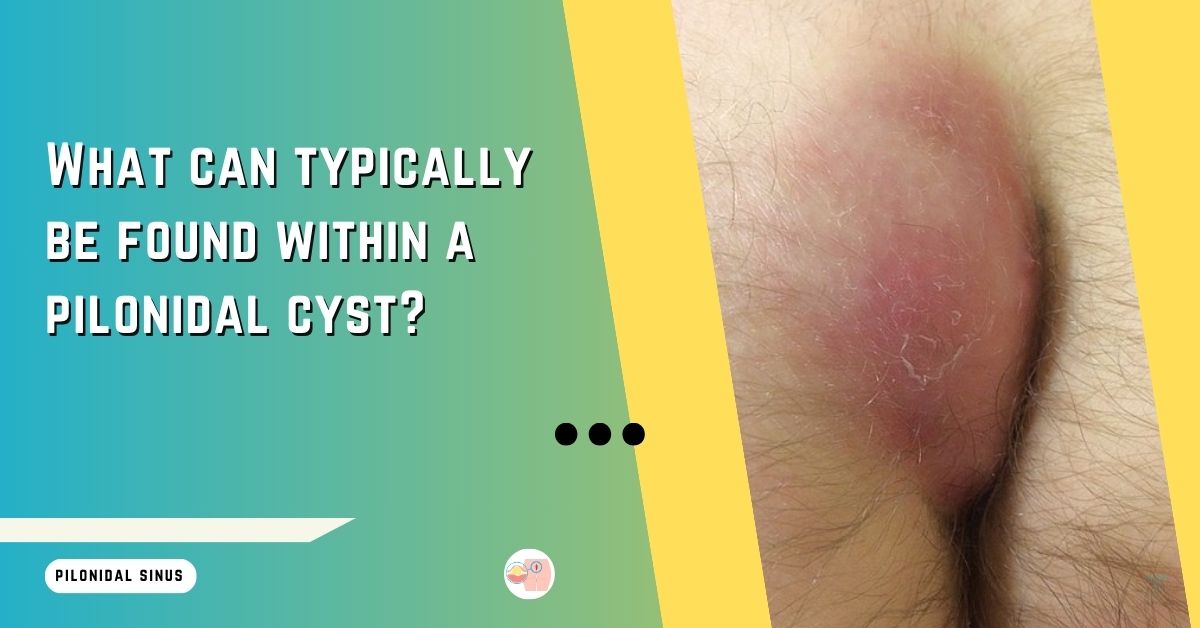An inguinal hernia occurs when tissue, such as part of the intestine, protrudes through a weak spot in the abdominal muscles into the inguinal canal. This can cause a noticeable bulge and discomfort in the groin area. I will explain the common symptoms and sensations caused by an inguinal hernia so you understand what to look out for.
Where is the Pain Located?
The most prominent symptom of an inguinal hernia is pain or discomfort in the groin area, often on one side. This is because the hernia causes pressure on nerves in the affected area. The pain may be localized to the groin or radiate down into the scrotum and testicles in men. In women, it may radiate into the labia.
What Does the Pain Feel Like?
Patients often describe the pain as a dull, aching sensation or a feeling of heaviness in the groin. It may worsen with activities like bending, lifting, coughing, or straining. The pain can range from mild discomfort to severe pain depending on the size of the hernia. Sharp, stabbing pains are less common but can occur if the hernia becomes strangulated.
Does a Lump Form?
Yes, another hallmark symptom is a bulge or lump in the groin. This occurs as the abdominal contents protrude through the weak area in the muscles. The lump may appear more prominent when standing and disappear when lying down. It is usually soft, reducible (can be gently pushed back in), and may increase in size throughout the day.
When Does the Pain Occur?
The pain and bulge tend to come and go and are often more noticeable at the end of the day after being active. Symptoms may ease when lying down and resting. Pain and discomfort usually worsen over time as the hernia grows larger.
Is There Numbness or Tingling?
Some patients experience numbness, tingling, or a heavy sensation in the groin, scrotum, or labia. This occurs when the protruding tissue puts pressure on nerves in the area. Let me know if this is something you are noticing.
Summary of Key Points:
– The primary symptom is pain/discomfort in the groin area, often on one side
– Feels like a dull ache or sense of heaviness, worsens with activity
– Noticeable bulge or lump in the groin is also common
– Pain and lump are more prominent when standing vs. lying down
– Symptoms get progressively worse over time
– Numbness or tingling can also occur due to nerve compression
I hope this overview gives you a better idea of what to expect with an inguinal hernia. Please let me know if you have any other questions. Tracking your symptoms and staying in touch with your surgeon will be important for determining the best treatment approach.



















